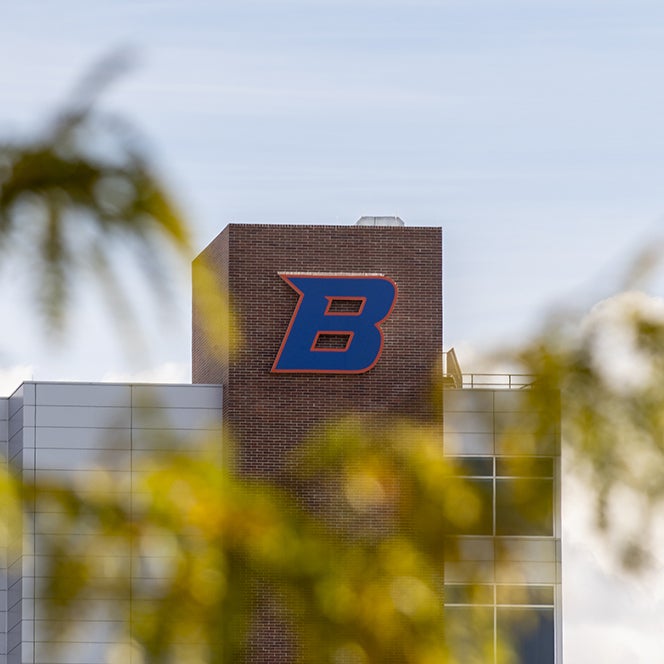
- This event has passed.
Graduate Defense: Mabin Dahal
February 23 @ 2:00 pm - 3:00 pm MST


Thesis Information
Title: Evaluating The Synergy Of Geocell And Microbial-Induced Calcite Precipitation (Micp) In Enhancing Pavement Base Stability-A Field Study On Us 95
Program: Master of Science in Civil Engineering
Advisor: Dr. Bhaskar Chittoori, Civil Engineering
Committee Members: Dr. Nick Hudyma, Civil Engineering (Co-Chair) and Dr. Michael J. Dickey, Civil Engineering
Abstract
The imperative to develop resilient and sustainable infrastructure is escalating, particularly as urban road networks are subjected to unprecedented stresses. Conventional pavement bases often entail the extensive utilization of quarry materials, which significantly exacerbates environmental degradation and amplifies the energy footprint of construction endeavors. The extraction, transportation, and processing of these quarry materials contribute to deforestation, habitat eradication, and greenhouse gas emissions. Given these environmental and operational hurdles, the quest for innovative, sustainable alternatives in pavement engineering is pressing. One solution is to use the native materials treated with microbial-induced calcite precipitation (MICP) alongside geocell technology back in pavement construction to minimize the reliance on quarry materials. Past research at Boise State has shown in the laboratory that this is a viable alternative for a certain type of soils with moderate fines content (~30%). This needs to be verified in the field.
Hence, the main aim of this research is to evaluate the performance of Geocell-enhanced MICP-treated high-fines soil as a pavement base for flexible pavements. To achieve this goal ~100 ft of US 95 highway west of Marsing was reconstructed using MICP treated high fines soil and a conventional base material. The control (eastbound) and treated (westbound) sections of the highway at Milepost 3.3 were instrumented with pressure plates at strategic locations. The procedures involved in treating about 100 tonnes of soil in the field with MICP and the construction and instrumentation of the test section and the monitoring data are discussed in this thesis. A sustainability assessment was conducted on the control and treated sections of the field, alongside potential pavement sections. The study aimed to compare and contrast environmental and economic impacts, offering valuable insights for informed decision-making in the realm of pavement infrastructure.
The study highlights the superior performance of Microbially Induced Calcium Carbonate Precipitation (MICP)-treated high-fines soil to the conventional untreated base with geocell, emphasizing the sustainable and environmentally friendly attributes of MICP-treated soil in contrast to the conventional base with geocell.
